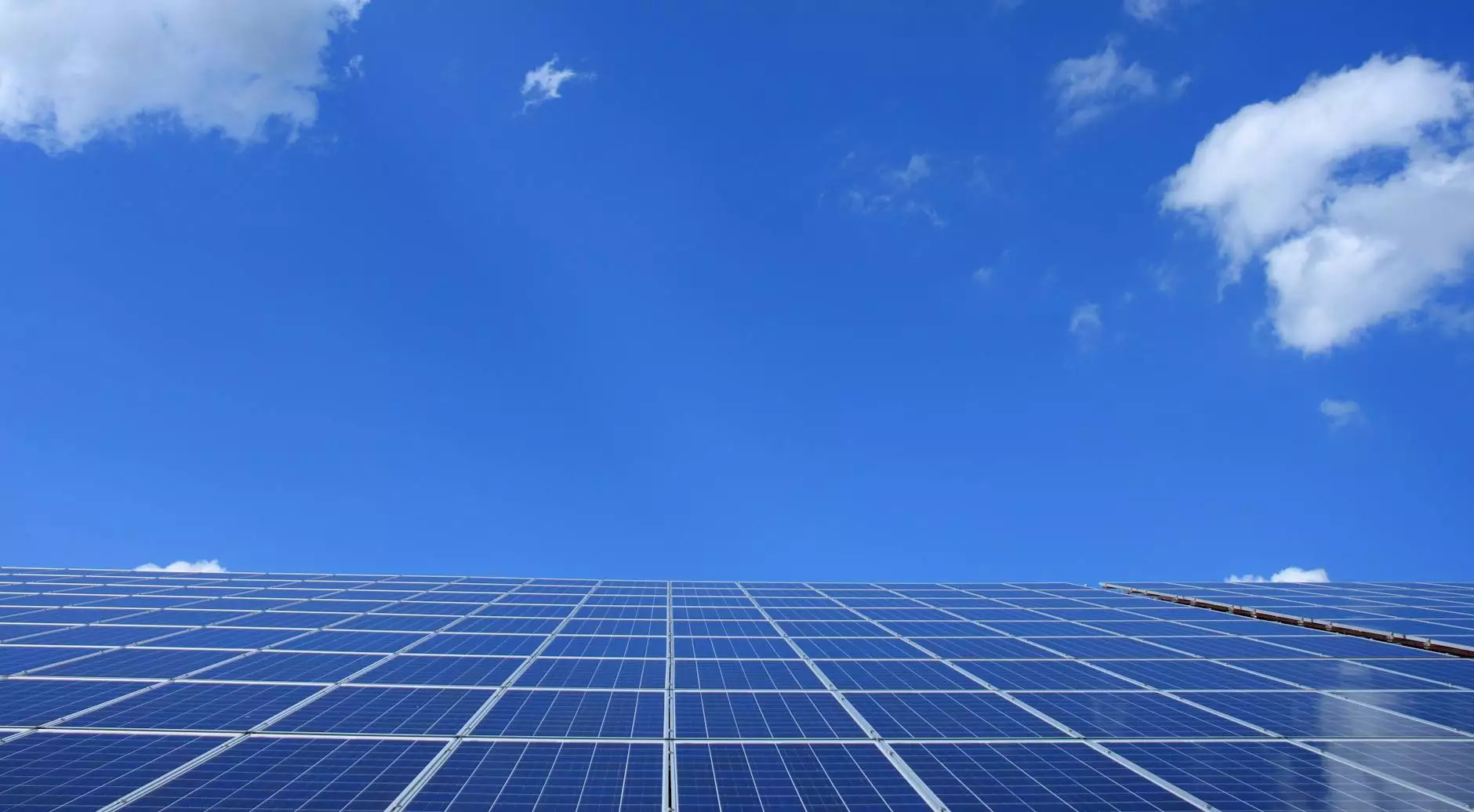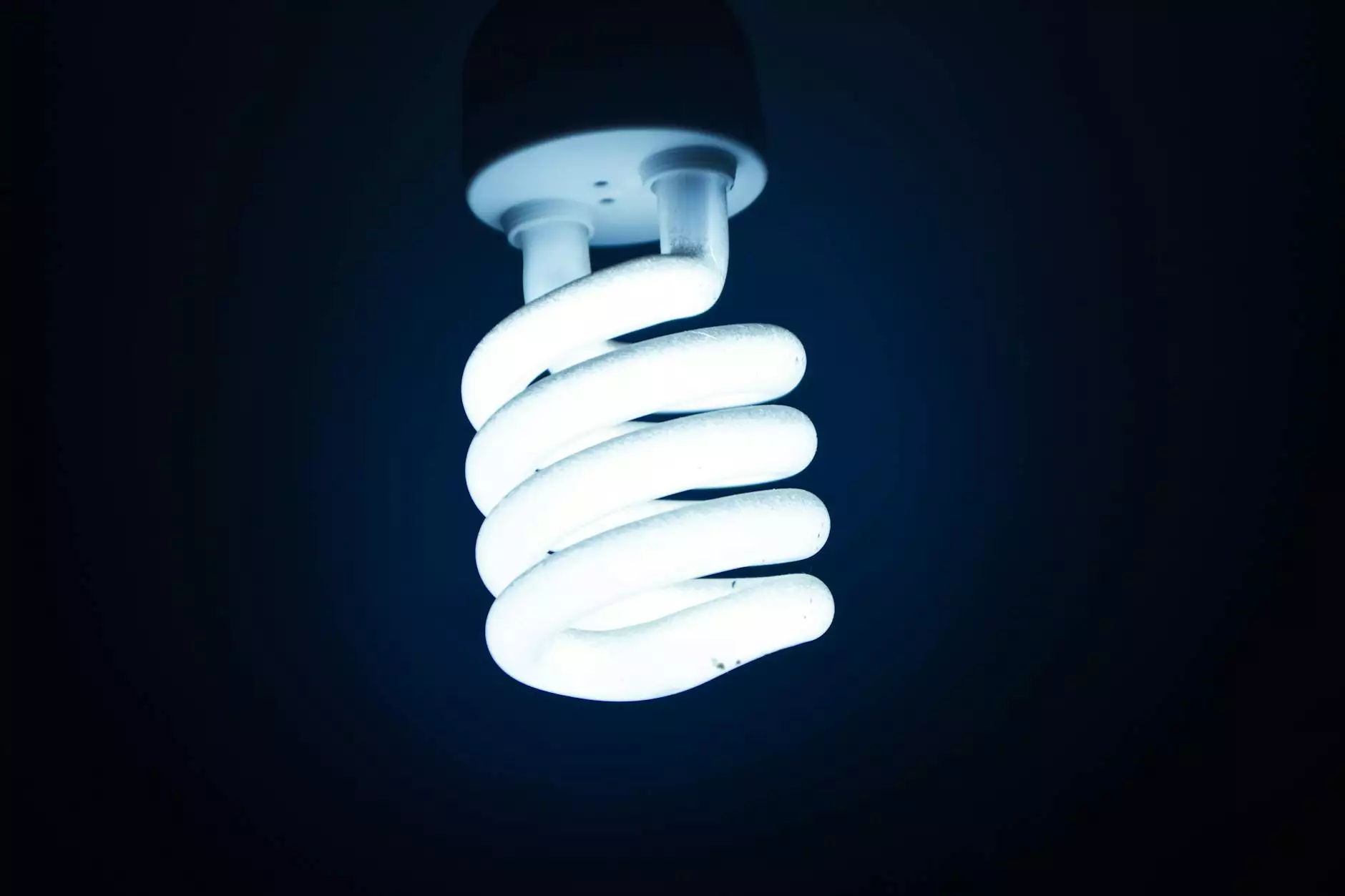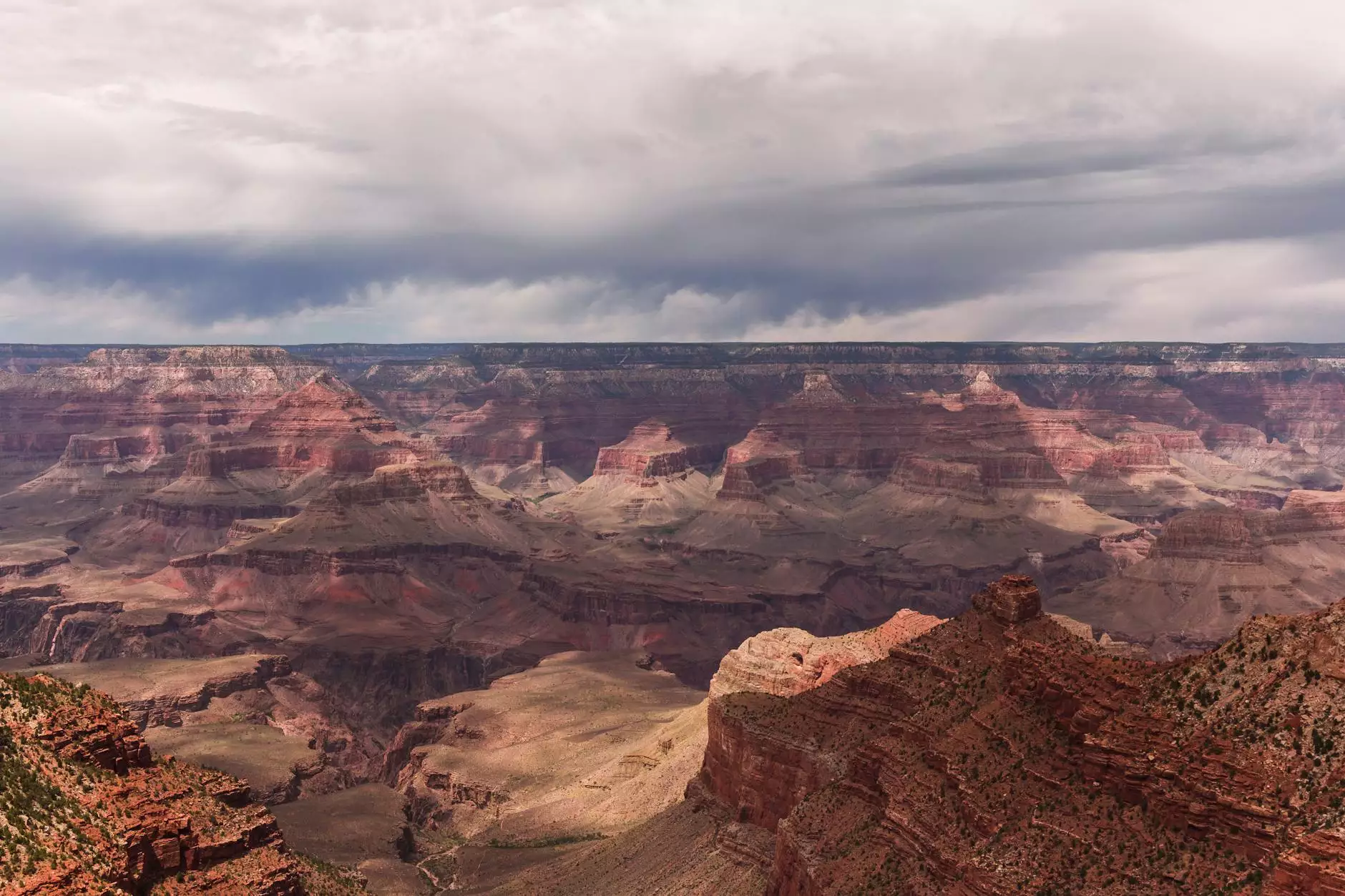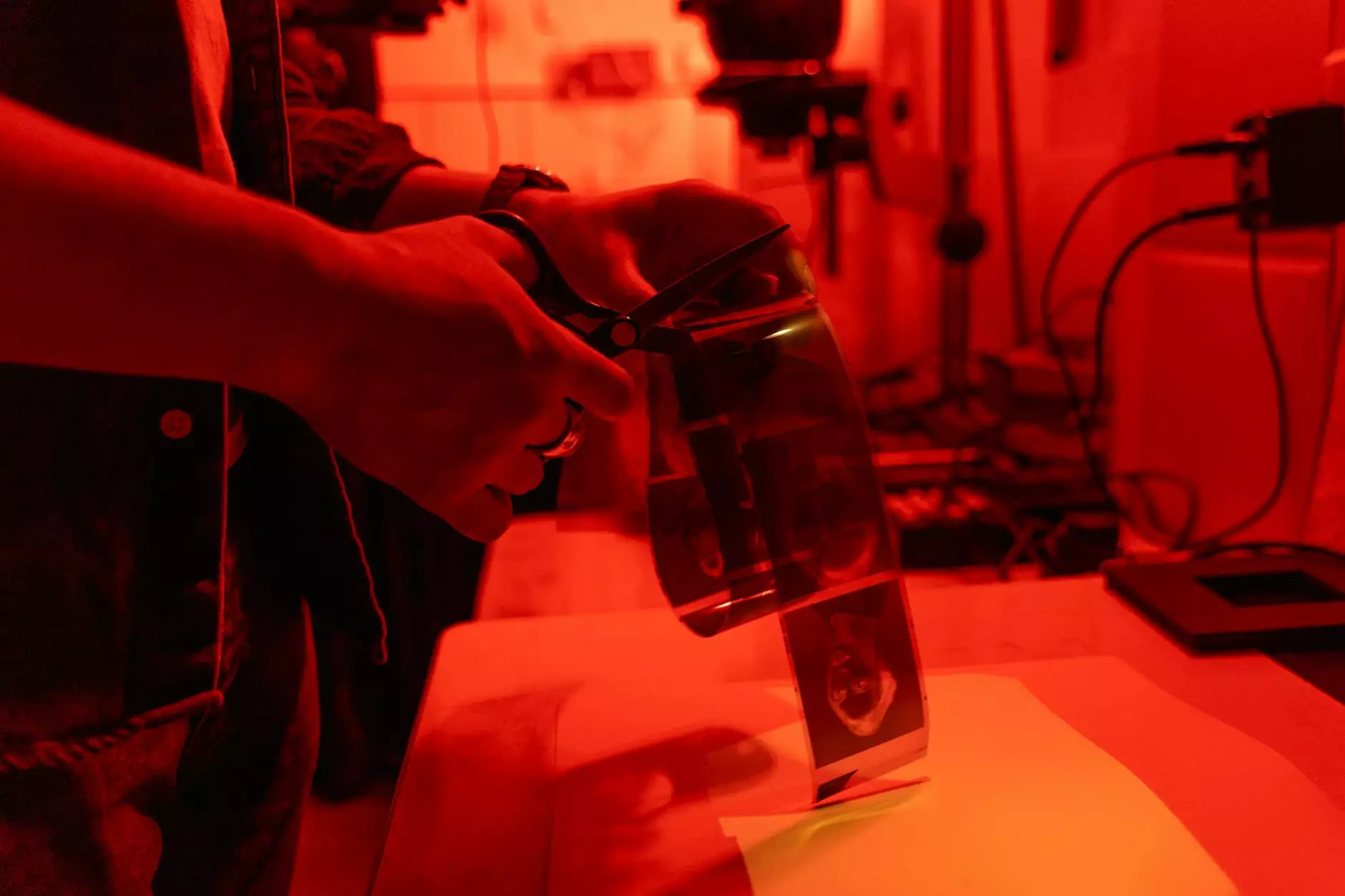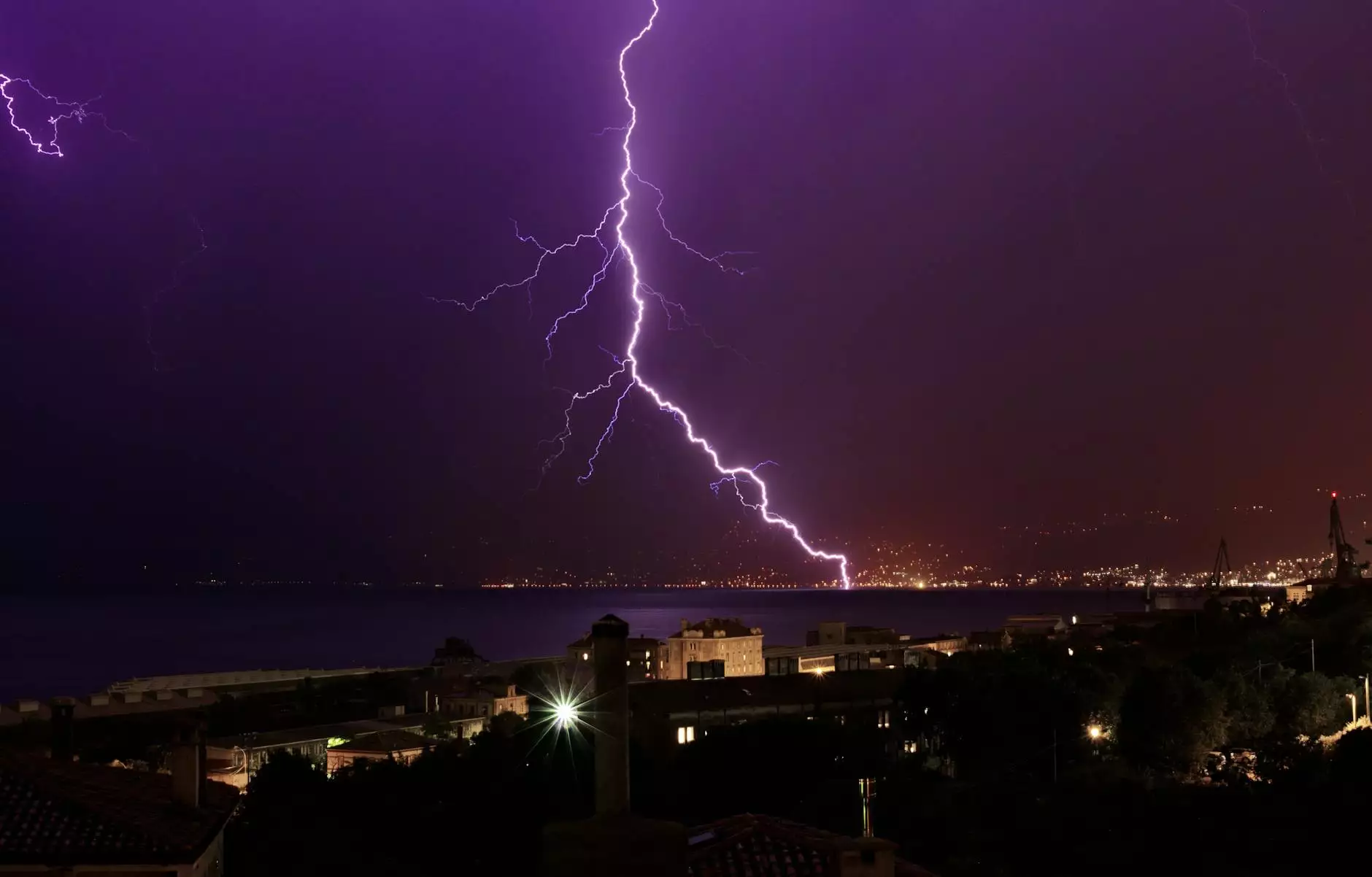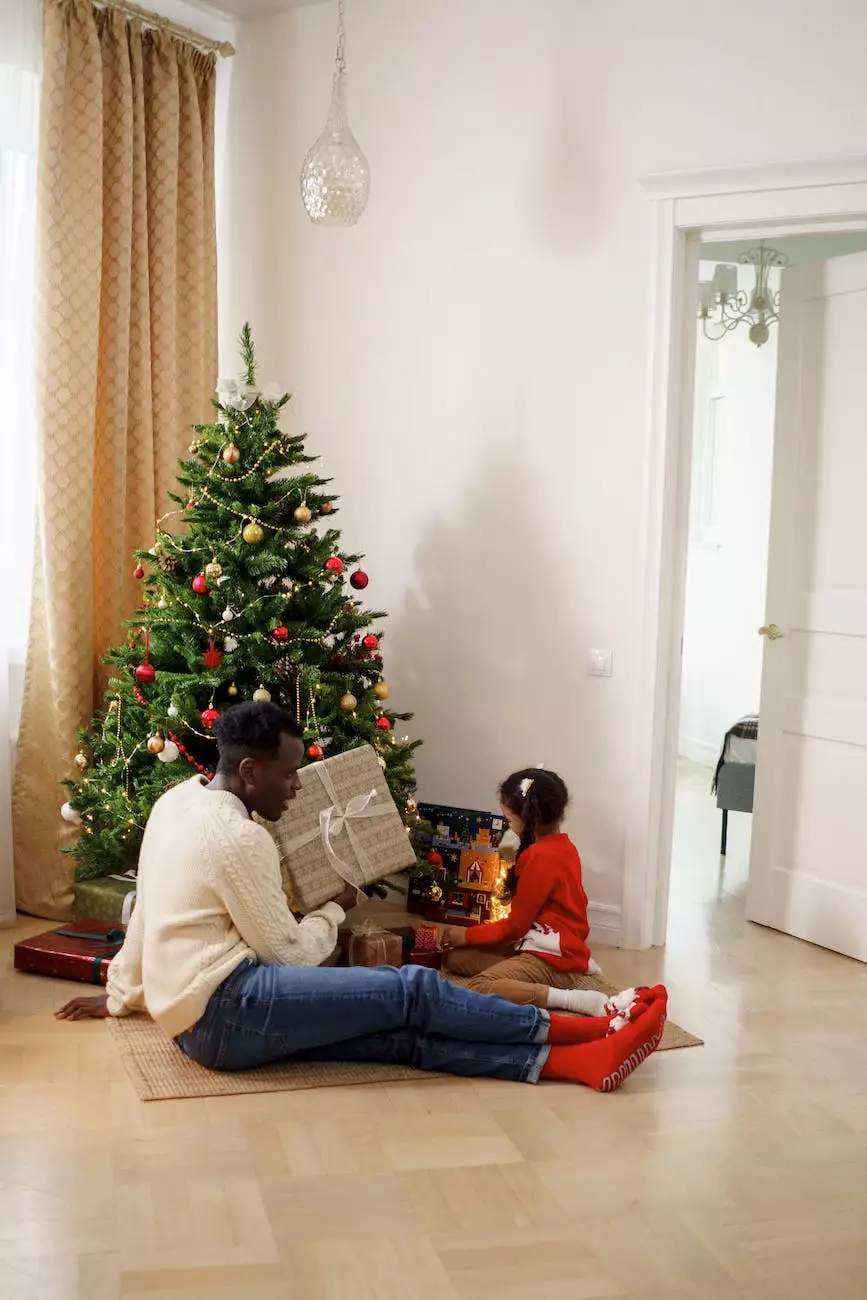Bright Students Educates Kids About Energy Conservation
News Articles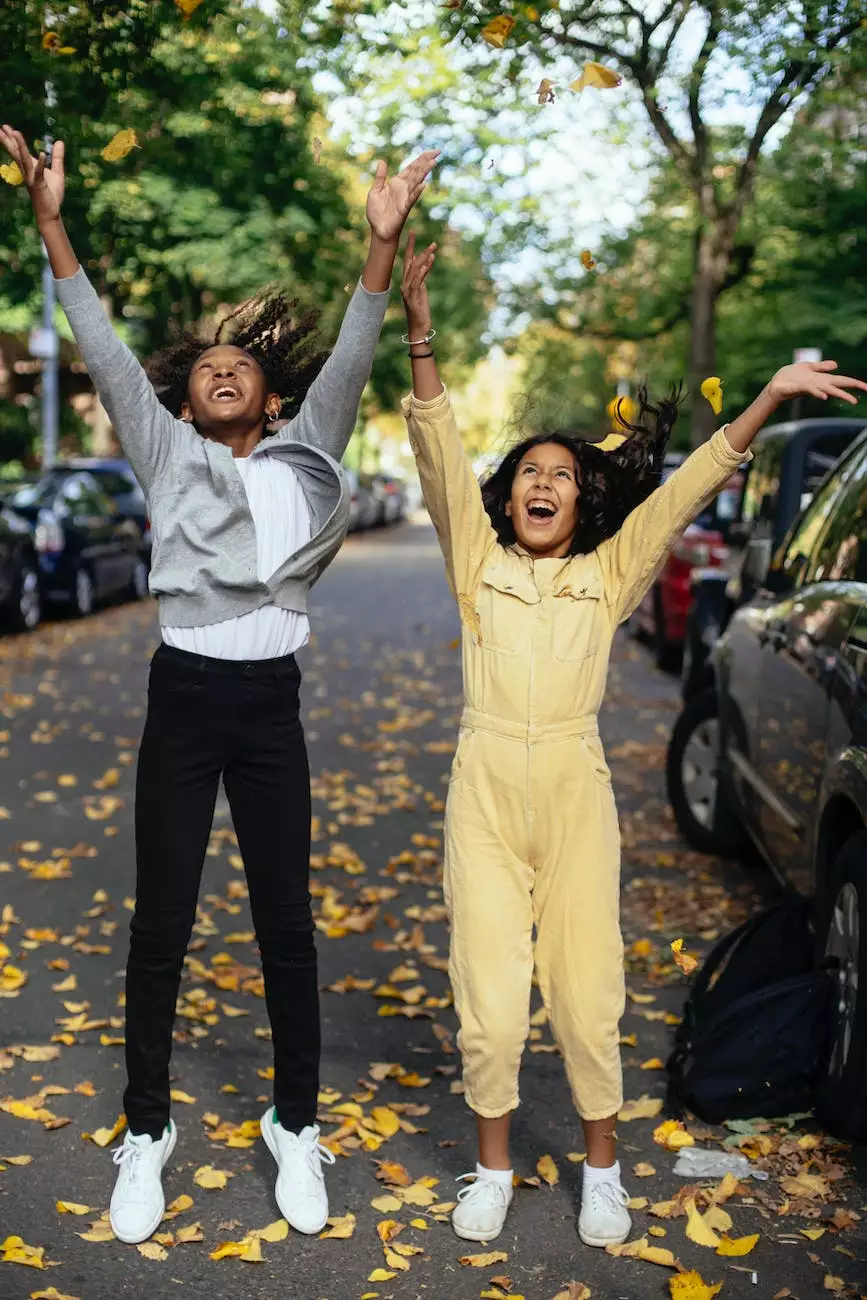
Welcome to Barrett Propane Prescott's page on energy conservation for kids! In this article, we will explore the importance of teaching children about saving energy, and how bright students can play a vital role in educating kids about energy conservation.
Why Teach Kids About Energy Conservation?
As the world strives towards sustainable living and lowering carbon footprints, educating children about energy conservation from an early age is crucial. By teaching kids about the importance of saving energy, we empower them to become responsible global citizens who actively contribute to a greener future.
Children have incredible potential to understand and adopt sustainable practices. Teaching them about energy conservation ignites their curiosity, fostering a lifelong commitment to preserving the environment and promoting sustainability.
The Role of Bright Students in Energy Education
Bright students are key stakeholders in the process of educating kids about energy conservation. Their passion, knowledge, and ability to connect with younger children make them perfect messengers to teach and inspire.
Engaging Classroom Activities
Bright students can develop and lead engaging classroom activities designed to teach kids about energy conservation. These activities can include interactive experiments, group projects, and hands-on demonstrations that help children understand the concepts in a fun and memorable way.
For example, bright students can organize a science fair where kids can participate in energy-related experiments. They can demonstrate how energy is used and wasted in daily activities, showcasing practical ways to reduce energy consumption at home and at school.
Creating Educational Resources
Bright students can create educational resources such as brochures, posters, and presentations to educate kids about energy conservation. These resources can be distributed within schools or made available online for broader reach.
By presenting information in a visually appealing and easy-to-understand manner, bright students can effectively communicate the importance of energy conservation and motivate kids to take action.
Peer-to-Peer Teaching and Mentoring
Bright students can take on the role of peer-to-peer educators, assisting teachers in classroom discussions, workshops, and mentoring sessions. Their relatability and ability to connect with their peers make them influential messengers, helping younger students grasp the significance of energy conservation.
Through peer-to-peer teaching, bright students can share personal experiences and success stories, creating a sense of inspiration and motivation among their peers to actively engage in energy-saving practices.
The Benefits of Teaching Kids About Energy Conservation
Teaching kids about energy conservation offers numerous benefits, both for the younger generation and for the environment as a whole.
1. Environmental Stewardship
By instilling a sense of environmental stewardship in children, we cultivate a generation that understands the value of natural resources and the impacts of energy consumption on the planet. Teaching kids about energy conservation helps them develop habits that promote sustainability and reduce their carbon footprint.
2. Cost Savings
Understanding the importance of energy conservation can also lead to financial benefits. By teaching kids about energy-saving techniques, they can apply these practices at home, resulting in reduced energy bills for their families. This not only reduces household expenses but also encourages responsible resource management.
3. Empowering the Future
Through education on energy conservation, we empower children to take an active role in shaping a sustainable future. By equipping them with the knowledge and skills to minimize energy wastage, we create a generation capable of tackling environmental challenges and driving positive change.
4. Community Engagement
Teaching kids about energy conservation encourages community engagement. Children can become energy ambassadors in their communities, spreading awareness and inspiring others to adopt sustainable practices. They can organize events, participate in local initiatives, and collaborate with organizations to promote energy-saving campaigns.
Conclusion
In conclusion, teaching kids about energy conservation is a powerful way to create a greener and more sustainable future. Bright students play a vital role in this process, as their enthusiasm and knowledge can help educate and inspire younger children. By engaging in classroom activities, creating educational resources, and serving as peer mentors, bright students can empower kids to become environmental stewards and make a positive impact on energy consumption. Let's join hands with Barrett Propane Prescott to educate our children about energy conservation and secure a brighter future for generations to come.


